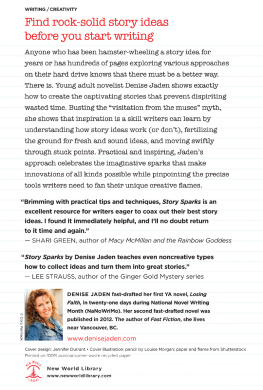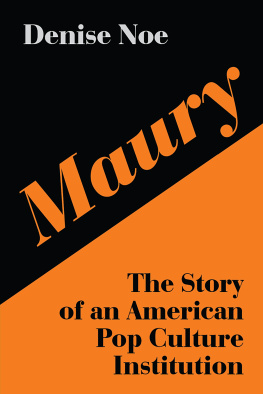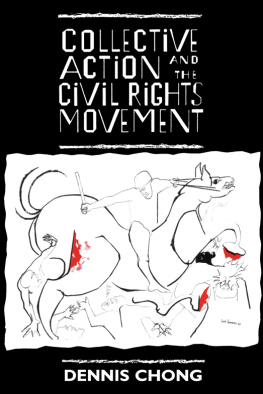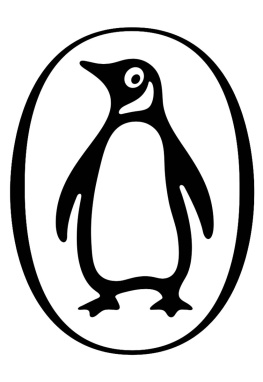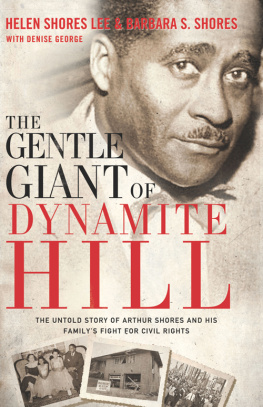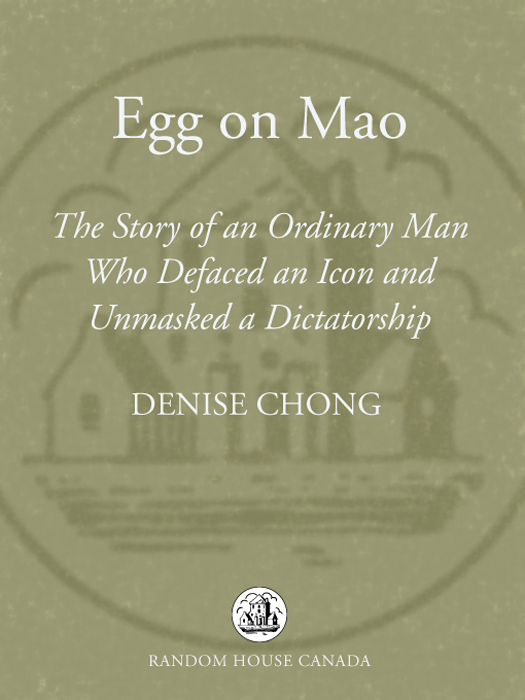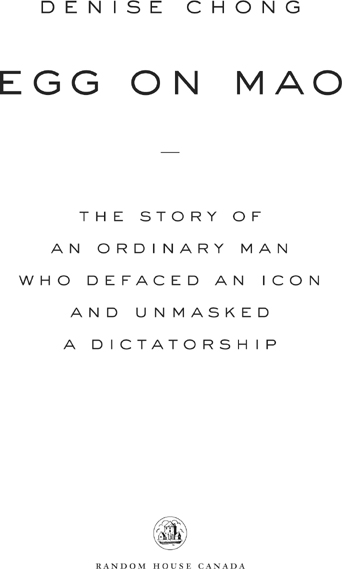F OR W AE H ING AND A RLETT, WITH LOVE
PROLOGUE
I F THE OTHER BOYS relished the competition, his desire was only ever to best the river. The routine was always the same: select a pebble for the right weight and roundness, hurl it, and eyeball the distant plop! in the water. More scouring for pebbles, more talk of technique. That day, as every other day, it was Dechengs pebbles that faded farthest in the distance.
Discouraged, some would seek an advantage by wading into the shallows, invited by the softness of the yellow sand underfoot. The far shore beckoned, shimmering with specks of mandarin oranges ripening in the grove of the commune there. The sweet oranges hinted at another favourite pastime, a swim across (for those who could manage both the distance and the fast-flowing current), a savoured stolen fruit or two, and then a swim back.
When the challengers tired of the Liuyang River swallowing their pebbles, Decheng and his friends, Hongwu and Zefu, played on. Of all his friends, they were the two he admired most. In Hongwu, who came from one of the poorest families in town but was clever at school and wily on the streets, he sensed a destiny of greatness. In Zefu, whose gentle manner and slight physique others ridiculed, he saw kindness. As for himself, he excelled at play. Rather, whatever he enjoyed, he did well.
On the far bank, a lone figure trudged into view, following the rivers grassy edge along a footpath that led to the village at the base of Heavenly Horse Mountain. Decheng, confident of having a better throw in him yet, plucked another pebble from the sand. He tested its weight, arched his back, and unleashed.
The boys looked for the splash.
Across the river, the tiny figure halted his progress, straightened his posture. He turned his head warily, to one side then the other. He peered into the orange grove, as if expecting someone to show his face from behind a tree and confess to the prank of tossing whatever had dropped into the tall grass nearby.
A throw right over the river. Surely the record would stand.
ONE
T HE REACTION OF ONLOOKERS caromed wildly between praise and condemnation. Many remained incredulous, not knowing what to make of what they had just seen the two young men do.
The curious lobbed questions.
Who are you?
Who do you represent?
Why would you do that? What do you want to achieve by doing this?
The suffering in China today can be traced to Mao Zedong and to the dictatorial rule of the Communist Party Decheng was surprised at the confidence in his voice.
A brawl of words broke out around him.
Hes right. Down with Mao!
How dare they! Theres no need to abuse Mao like that.
What they did is an insult to all of China!
Decheng felt a rush of exhilaration. He and Dongyue had succeeded in throwing every single one of the more than thirty paint-filled eggs. Even now, there was not a single policeman coming through the crowd for them. Just ordinary people, startled, arguing, awoken.
Hed never felt so alive.
N O MATTER WHERE one stood on Beijings Tiananmen Square, to look north toward the portrait of Mao Zedong that hung on the gate to the Forbidden City was to meet the Chairmans steady gaze. The composition of the painting made sure of that: the subjects head is dead centre, his shoulders are square to the front, his eyes stare directly outward. That the portrait should dominate Tiananmen Square befitted a man whod had so many titles in life: the Great Teacher, the Great Leader, the Great Helmsman, the Great Supreme Commander, the Great Saviour, Beloved Leader, but most commonly, Chairman Mao.
For fifty years, an oil painting of Mao Zedong had been mounted on the gate there. Successive versions subtly aged the Chairman and each altered somethingtaking away the cap, changing the jacket, realigning the gaze. The first was painted in 1949. A new portrait was commissioned in 1950, in 1952, in 1963, and for the last time in 1967. Sunlight and harsh weather took their toll on these paintings and at least once every year, the management office of Tiananmen Square was obliged to take the current version down and replace it with a freshly painted copy. Often the replacement was an overpainting on an old canvas, each of which was reused as many as five or six times. By 1989, the painter of the Tiananmen portrait, the third person to hold that post since 1949, had been turning out a painting every year for the past thirteen years. Just after two in the afternoon of Tuesday, May 23, 1989, in the sixth week of the pro-democracy protests in the square, that portrait makers schedule was disrupted.
It was the fourth day of martial law in the capital, ending another night during which citizens and students alike had rushed to erect barricades to keep the Peoples Liberation Army from entering the city centre and reaching the square. By now, the students routine was to use the morning for sleep then return to the square at lunchtime. Those from Beijing rolled out of their bunks at university dormitories; others, sheltering in tents on the square, awoke, ready for another days occupation. Throughout the city, families and their children, workers and managers and intellectuals, less afraid with each day that downtown streets remained free of a military presence, felt almost celebratory. Have you been to the square yet? became frequent words of greeting. By one oclock, some 300,000 Beijingersabout equal to the number of troops sitting on the citys outskirts and the largest crowds yet since martial lawhad converged on the square. The weather continued to buoy the festive mood, the cloudless days and 30-degree heat more like what Beijing could expect at the height of summer.
W ANG Q IUPING HAD LAST SEEN her husband, Lu Decheng, on the morning of Tuesday, May 16, a workday for them both at the Liuyang Long-Distance Bus Company. Hed left for the vehicle-repair garage, where he worked as a mechanic, and she had gone to the stations administrative offices to start her shift as an on-board ticket seller. That day, her rotation had her on an overnight trip.
On Wednesday evening, she returned home to find a note on the table, a green enamel cup holding it in place. A pen weighed heavily in Dechengs hand, so, not surprisingly, the note was brief. Wangping, dont worry yourself. Well come back soon. Lu Gao. He used the names by which they called each other, a combination of their family names and given names or, in his case, a nickname Gao meaning tall, a holdover from his boyhood.
She wasnt troubled if she was the one on the road because she knew him to be safe at home, but she couldnt handle the reverse. An anxious Qiuping immediately made the rounds of colleagues and neighbours to ask if theyd seen her husband. She learned that Decheng and two friends, the tall Yu Zhijian and the young, bespectacled Yu Dongyue (they shared a surname but were unrelated), had been seen that morning boarding the first bus to Changsha.
Qiuping could guess why Zhijian and Dongyue would want to go to the provincial capital. They were intellectuals. Zhijian was a teacher, and Dongyue was an arts editor at the Liuyang Daily. Liuyang was a small and backward town in Hunan province, with one high school that served the entire township. But Changsha had several modern colleges and universities, and was home to the famous Yuelu Academy, a gathering place for great scholars for the past one thousand years. Dechengs two friends could count on meeting like-minded people who would be now rallying there, and obtaining uncensored news of what was happening in the student pro-democracy movement in Beijing.


